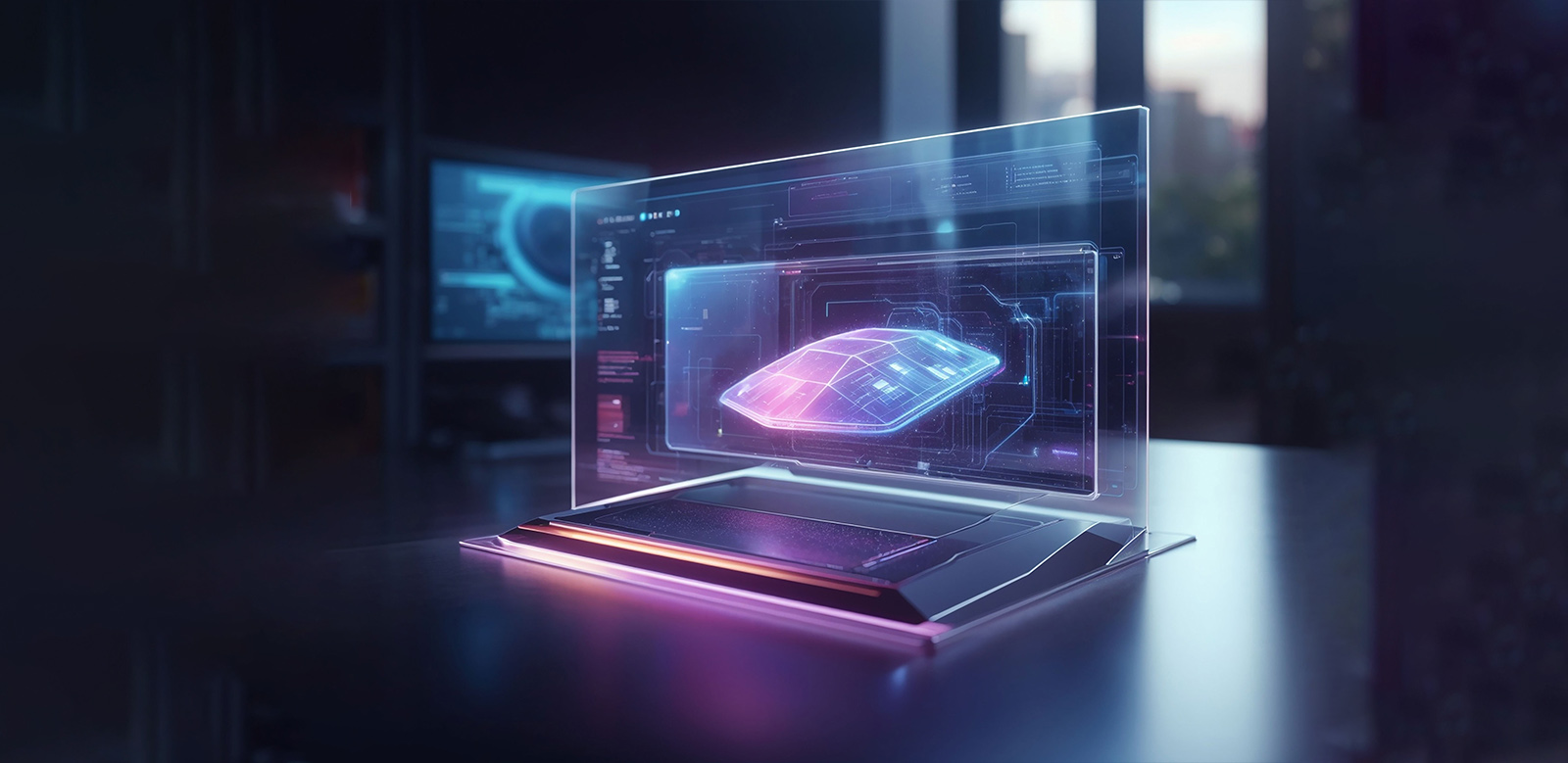The year 2025 marks a turning point in how websites are built, optimized, and maintained. Artificial Intelligence (AI) has evolved from being a supportive tool to becoming a core driver of web development innovation. From automated design generation to intelligent coding assistants and predictive user experiences, AI is redefining every layer of how developers and businesses create digital experiences.
Revolutionizing the Development Process
Traditionally, web development required extensive coding, testing, and manual optimization. In 2025, AI is streamlining this process through intelligent automation. Tools powered by machine learning can now generate clean, efficient code, detect and fix bugs instantly, and suggest performance enhancements based on real-time analytics. Developers are leveraging AI-assisted coding environments, like GitHub Copilot and ChatGPT-integrated IDEs to accelerate development cycles and reduce human error. The result is faster deployment and more scalable, secure web solutions.
AI in Design and User Experience
Design has always been a balance between creativity and functionality. Today, AI bridges that gap with precision. AI-powered design platforms analyze user interactions, heatmaps, and behavioral data to automatically suggest optimal layouts, color schemes, and typography. These systems don’t just design visually appealing websites, they craft interfaces that are scientifically proven to enhance engagement and conversions.
Moreover, AI-driven personalization engines adapt website content in real time, tailoring each user’s journey based on preferences, browsing history, and location. This shift from static to dynamic experiences is one of the most transformative outcomes of AI in web development.
Smarter SEO and Content Optimization
Search engine optimization (SEO) has also undergone a radical transformation. AI algorithms now assist developers and marketers by predicting search trends, identifying high-performing keywords, and optimizing content structure for better visibility. With the integration of natural language processing (NLP), AI can understand user intent more accurately, helping businesses create content that resonates deeply with their audiences. In 2025, websites that leverage AI-driven SEO tools gain a competitive advantage by staying ahead of algorithm updates and delivering precisely what users are searching for.
Predictive Maintenance and Security
AI doesn’t just build smarter websites, it keeps them safer and more reliable. Predictive maintenance powered by AI helps developers anticipate and resolve performance issues before they affect users. Advanced algorithms monitor traffic patterns, identify vulnerabilities, and detect anomalies in real time, protecting websites from potential cyber threats. Automated patching and updates ensure minimal downtime, creating a seamless experience for both users and administrators.
The Human-AI Collaboration
While AI brings automation and efficiency, human creativity remains the cornerstone of web innovation. Developers and designers now act as strategists, guiding AI systems to align outputs with brand identity and user goals. This collaboration enhances productivity while maintaining a personalized, human touch. The future of web development isn’t about replacing humans, it’s about empowering them with intelligent tools to achieve more.
Conclusion
AI-powered web development is no longer a concept of the future, it’s the foundation of modern digital transformation. As AI continues to evolve, websites will become more adaptive, intuitive, and personalized than ever before. For businesses, embracing AI-driven development means faster innovation, stronger online presence, and smarter user engagement.
In 2025, the rise of AI-powered web development isn’t just a trend, it’s the new standard for building the web of tomorrow.




In this article